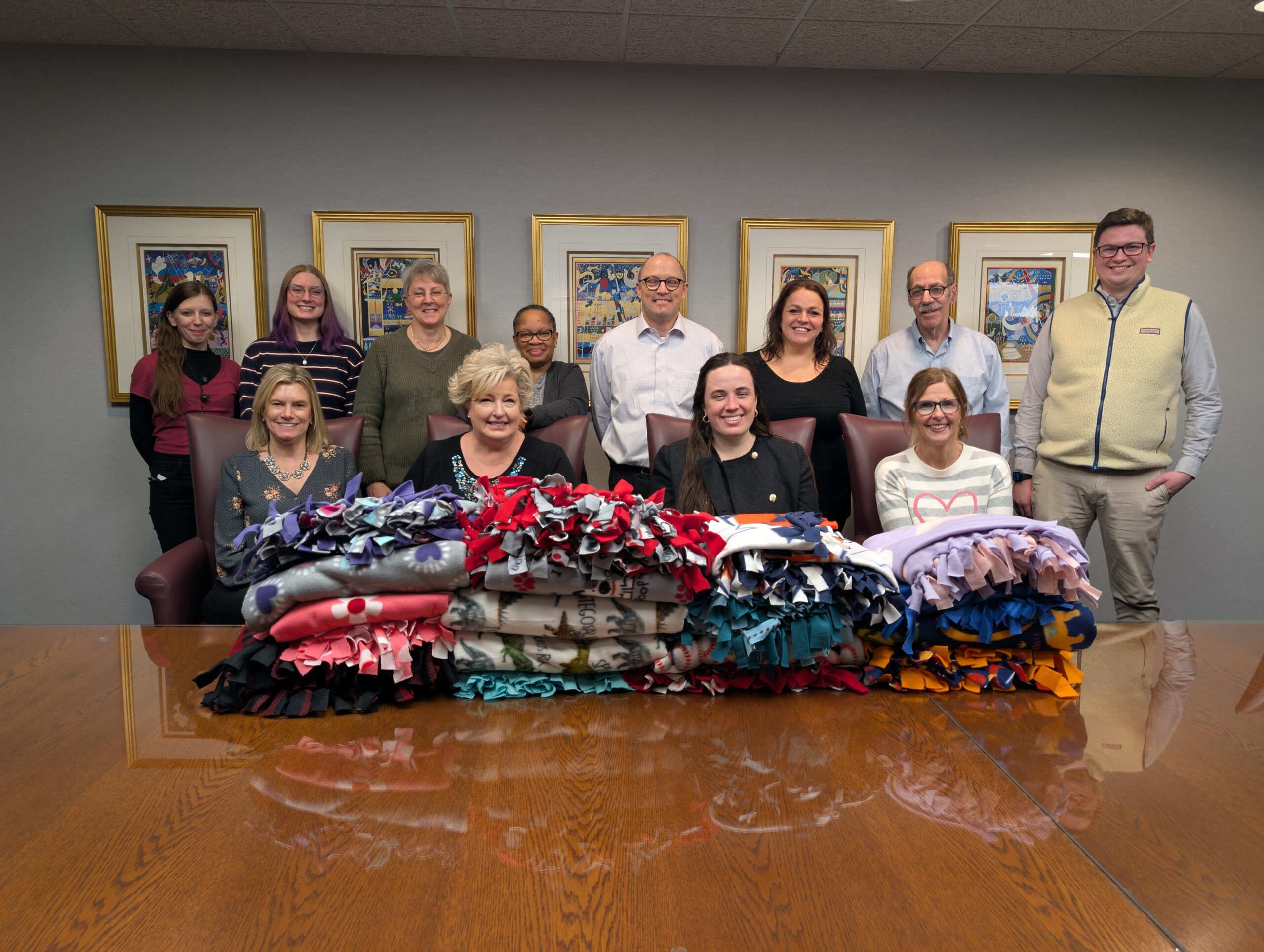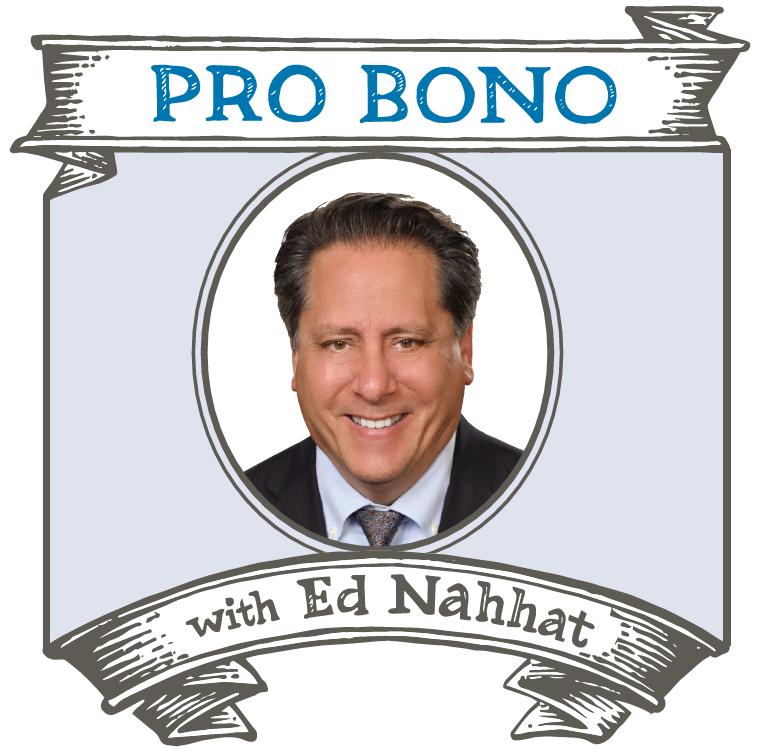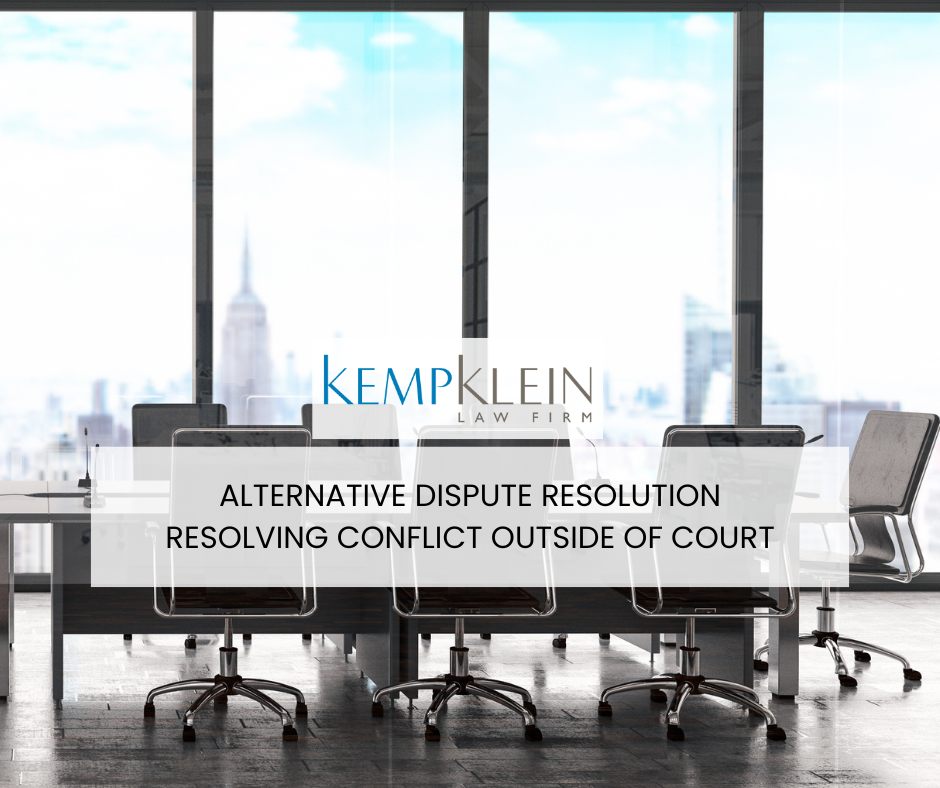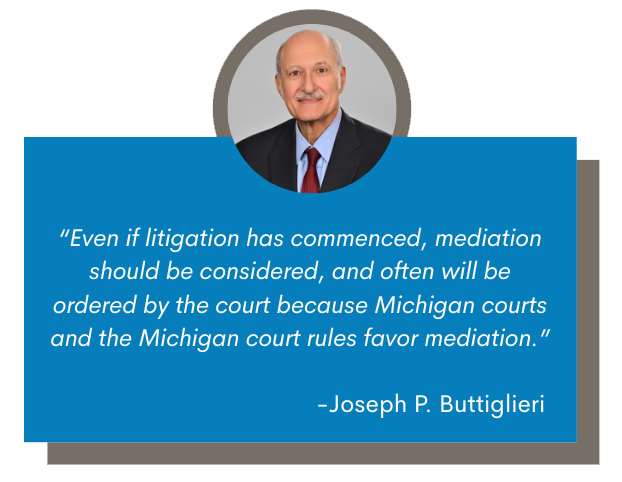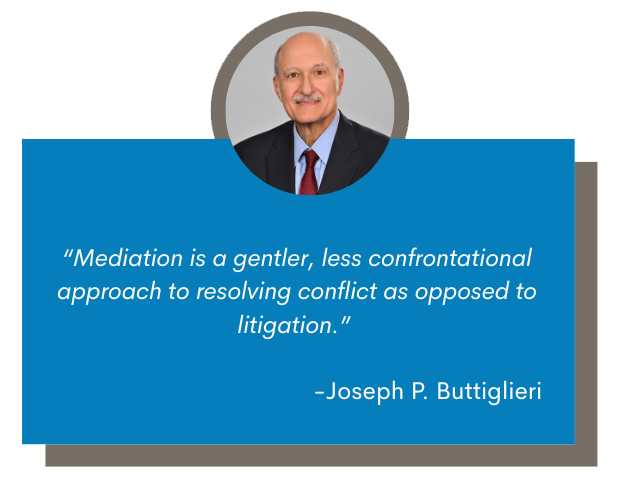Tag: news
Kemp Klein Attorneys and Staff Craft No-Sew Blankets for Common Ground
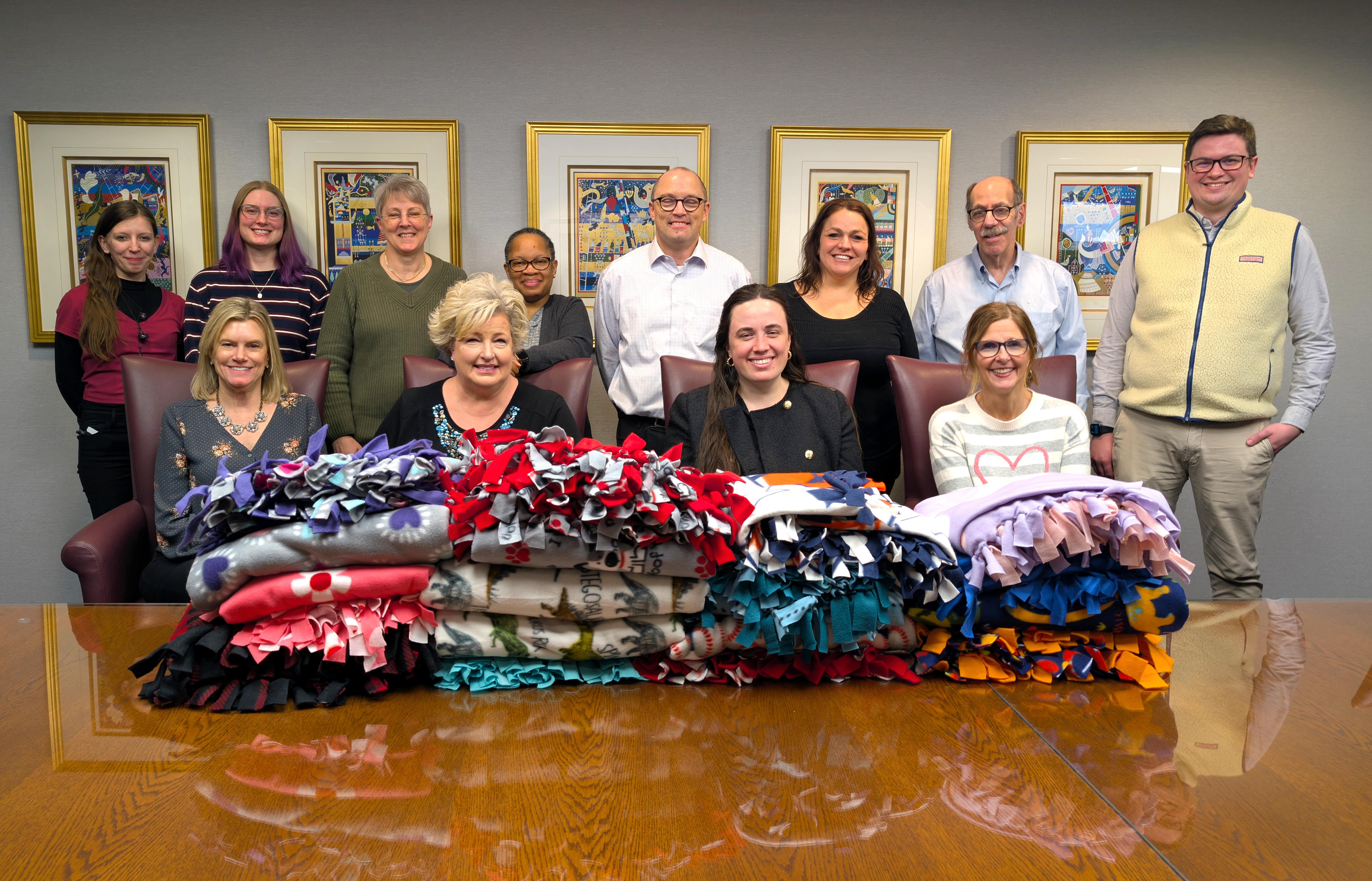
For the sixth consecutive year, the attorneys and staff of Kemp Klein Law Firm collaborated and crafted hand-tied fleece blankets for Common Ground’s clients. Common Ground distributes these blankets as comfort items for children, victims of trauma, homeless, and other families and individuals in need of assistance. We thank the Columbia Center for donating the space for our blanket making event free of charge.
The Kemp Klein Foundation is a proud Legacy Society Benefactor for Common Ground. Kemp Klein has provided more than $200,000 in pro bono work to Common Ground. In addition to the pro bono work and financial contributions, we have hosted joint events for staff and clients of Common Ground, partnered in their Resiliency Initives like the Ride 2 End Suicide, sponsored their Celebration of Hope Gala, held blanket making and other events to help those in need.
Since its inception, the Kemp Klein Foundation has contributed over $1,000,000 to hundreds of worthwhile causes. Everyone in the firm is encouraged to be involved from hands-on volunteer opportunities to paying to participate in casual Fridays. It is our belief that by working with and giving back to our local communities, everyone succeeds.
Kemp Klein is Sponsoring Common Ground's 2024 Celebration of Hope Gala

As part of Kemp Klein’s Resiliency Partnership we are supporting Common Ground’s 2024 Celebration of Hope Gala. The Celebration of Hope Gala is the largest annual fundraising event for Common Ground, a crisis response agency located in Oakland County and serving the state of Michigan. This event is filled with warmth, camaraderie and elegance and celebrates effective crisis care with supporters, sponsors, leadership and volunteers!
Common Ground’s Celebration of Hope Gala takes place Friday, October 18th, 2024 from 6:30pm – 10:00pm at the Birmingham Community House.
For more information on the event: https://commongroundhelps.org/event/celebration-of-hope-gala
Kemp Klein is a proud Legacy Society Benefactor for Common Ground. We have provided in excess of $200,000 in pro bono work to Common Ground. In addition to the pro bono work and financial contributions, we have hosted joint events for staff and clients of Common Ground, participated in Common Ground’s Adopt-A-Family initiative, Ride 2 End Suicide and we have held blanket making and other events to help those in need.
Kemp Klein Law Firm Announces New Podcast "Pro Bono with Ed Nahhat
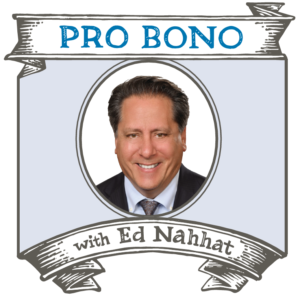
TROY, Mich. , Sept. 19, 2024 /PRNewswire-PRWeb/ — Kemp Klein Law Firm is proud to host its first podcast “Pro Bono with Ed Nahhat” anchored by Shareholder Ed Nahhat. The podcast will be released monthly and feature personal profiles and inspiring stories exploring the adventures, challenges, and personal rewards of a career in law. Pro Bono will also showcase notable guests and experts from outside Kemp Klein, providing insights into the dynamics and achievements of an effective legal team working together.
“The client comes before the law, not above it. The Pro Bono podcast gives me the chance to give back to clients and peers after 30 years plus of practice. Here we get to talk openly about what legal careers mean to us, what inspires us every day, how we fight for our clients, and how we stand up for legal principles in society. I hope it inspires you, too,” stated Ed Nahhat.

“Ed’s podcast will allow listeners to learn about our legal team, keep current on legal trends and hear stories that make our profession interesting and exciting from those who have lived them,” commented Kemp Klein CEO and President Brian Rolfe.
The first episode features Shareholder, Joseph P. Buttiglieri.
Joe provides insights that everyone can relate to, including:
- Joe began his career in 1976, a time predating the internet and email. He reminisces of an era when communication primarily relied on phone calls and letters, highlighting the necessity for lawyers to adjust to advancing technologies.
- Listeners will gain insights into Joe’s motivations for entering the legal profession and his perspective on law as a cornerstone of a civil society, particularly shaped by his experiences during the 1960s.
- The discussion not only showcases Joe’s achievements as a successful litigator and highly sought-after mediator, but also imparts valuable lessons on adaptability, respect, and the enduring significance of personal integrity in the practice of law.
“Speaking with Ed allowed me to reflect on my career and how practicing law has changed over the years and how the main motivation will always remain providing the highest level of service to clients,” said Joe.
“Ed’s podcast will allow listeners to learn about our legal team, keep current on legal trends and hear stories that make our profession interesting and exciting from those who have lived them,” commented Kemp Klein CEO and President Brian Rolfe.
“Speaking with Ed allowed me to reflect on my career and how practicing law has changed over the years and how the main motivation will always remain providing the highest level of service to clients,” said Kemp Klein Shareholder Joseph P. Buttiglieri

Listen to the podcast: https://kkue.com/pro-bono-with-edward-nahhat-episode-01-joseph-p-
buttiglieri/ or on Spotify, Apple or watch on YouTube.
About Kemp Klein:
Kemp Klein is a full-service law firm committed to delivering a comprehensive range of legal services with the utmost professional standards of excellence, integrity, and efficiency. With over 50 years of experience, our Midwest-based practice has expanded to cater to clients at local, national, and international levels. Our expertise covers various areas, including estate planning, business/corporate law and litigation, probate and trust law and litigation, family law, bankruptcy and collections, employment, real estate, landlord/tenant, and tax law.
For more information about our firm and services, please visit our official website at https://kkue.com/.
Media Contact
Vito Curcuru, Kemp Klein, 586-215-4270, vito.curcuru@kkue.com, https://kkue.com/
Kemp Klein Announces the Addition of Margaret Lindauer as Associate

TROY, Mich., Sept. 17, 2024 /PRNewswire-PRWeb/ — Kemp Klein Law Firm is pleased to announce the addition of Margaret Lindauer as Associate Attorney. Lindauer will be integral to several practice groups, including estate planning, probate and trust administration, elder law, and tax planning.
She is dedicated to guiding her clients through the design, preparation, and implementation of their estate plans, and she also assists them in navigating probate and trust administrations.

Brian Rolfe, CEO and President of Kemp Klein, stated, “We are very excited to welcome Margaret to our team. Her versatility and experience will allow us to perpetuate the firm’s accelerated growth.”
Margaret grew up in Chelsea, Michigan before moving to Chicago to complete her studies. While she was in Chicago, she attended DePaul University, where she received a Bachelor of Arts and Social Sciences in Political Science in 2017. During that time, she received a Fulbright Scholarship to travel to Japan, studied for a semester in London, where she worked for the Prime Minister’s office, interned in the United States Senate, and worked for a Representative in the Illinois House of Representatives, where she was recognized for her research on nuclear power plants.
“I am thrilled to join the Kemp Klein team. I look forward to bringing my legal and tax experience to the firm to serve clients and contribute to the firm’s practice teams,” said Lindauer.
Ms. Lindauer earned her Juris Doctor from the University of Illinois Chicago School of Law in 2020. During her time there, she was a member of the Moot Court Team and gained experience working with the Cook County State Attorney’s Office, the Illinois Attorney General’s Office, and The Chicago Community Trust. She also holds ICLE’s Probate & Estate Planning Certificate.
For more information, you can view Margaret’s biography at https://kkue.com/margaret-lindauer/.
About Kemp Klein:
Kemp Klein is a full-service law firm dedicated to providing a wide array of legal services with the highest standards of excellence, integrity, and efficiency. With over 50 years of experience, our Midwest-based practice has grown to serve clients locally, nationally, and internationally. Our areas of expertise include estate planning, business and corporate law and litigation, probate and trust law and litigation, family law, bankruptcy and collections, employment law, real estate, landlord/tenant issues, and tax law.
For more information about our firm and services, please visit our official website at kkue.com.
Media Contact
Vito Curcuru, Kemp Klein, 586-215-4270, vito.curcuru@kempklein.com, https://kkue.com/
SOURCE Kemp Klein
Kemp Klein is Sponsoring UCARE’s 22nd Annual Golf Outing
Kemp Klein is a hole sponsor for The Ukrainian Children’s Aid and Relief Effort, Inc.’s 2024 Charity Golf Outing.
The Ukrainian Children’s Aid and Relief Effort, Inc. (UCARE) funds programs that enrich the lives of vulnerable children in Ukraine with hope, love and inspiration.
All proceeds will be donated to UCARE to help children in Ukraine.
The event takes place June 22, 2024 at Rammler Golf Club in Sterling Heights, MI.
Registration: 7:00am / Tee-off: 8:00am
Golfers: $125
For more information on UCARE: https://ucareinc.org/
Kemp Klein Sponsored Common Ground's 2024 Ride 2 End Suicide

The Ride 2 End Suicide is an annual bicycle ride fundraiser to raise money for suicide awareness, prevention, education and counseling. This Ride brings together survivors of suicide, their families, friends, supporters and local biking enthusiasts. The Ride is an opportunity to move for something that matters –whether that’s for health, recovery, or in memory of a loved one with the goal to raise money for life saving suicide prevention programs. Kemp Klein was the Finish Line Sponsor for the event.
The 2024 Ride 2 End Suicide took place Saturday, May 18th. The Ride 2 End Suicide was (up to) a 20-mile paved path throughout Stony Creek Metropark. The starting point was located at Capital Banquet Center in Washington, MI.
The Kemp Klein Foundation is a proud Legacy Society Benefactor for Common Ground. Kemp Klein has provided more than $200,000 in pro bono work to Common Ground. In addition to the pro bono work and financial contributions, we have hosted joint events for staff and clients of Common Ground, participated in Common Ground’s Adopt-A-Family initiative and we have held blanket making and other events to help those in need. Since its inception, the Kemp Klein Foundation has contributed over $1,000,000 to hundreds of worthwhile causes.
Kemp Klein IT Manager Geri Hames Performs Humanitarian Work in Nicaragua
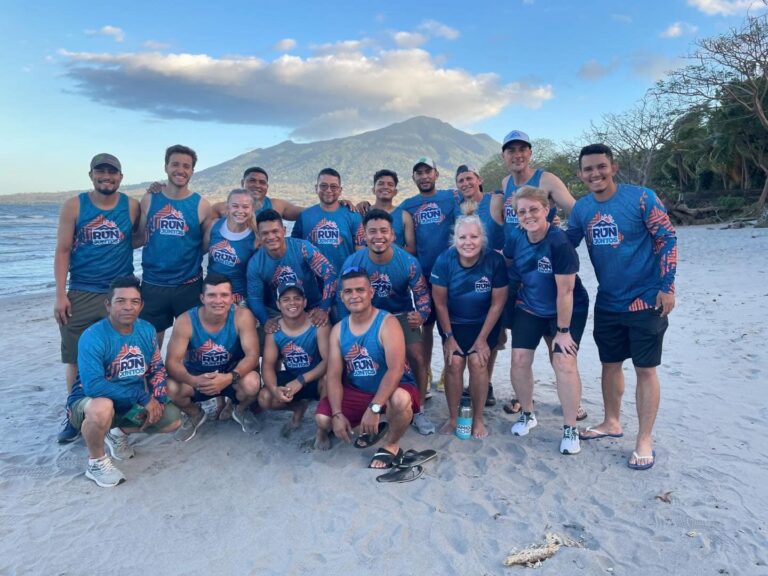
I was in Nicaragua from February 29-March 8 with Amigos for Christ. They’re a Christian humanitarian organization that works in communities near Chinandega, Nicaragua, providing clean water to homes and helping local farmers bring their products to market and become Certified Organic farms. I traveled with my friend Sandy who has been on several trips to Chinandega with Amigos.
The Climb up Maderas Volcano
At the beginning of the trip, Sandy and I ran Fuego Y Agua, an ultra-trail race on the island of Ometepe with about 15 of our Amigos teammates. The island is made up of two volcanoes, Conception and Maderas. The race we ran was 28 kilometers. Parts of it were on a beach, rocky road and a significant part climbing and descending the Maderas volcano. It was 87 degrees when the race started in the morning and the temperature rose to 94 during the day. We got a little shade and slightly lower temperatures as we climbed the volcano, but it was still HOT compared to the weather we trained in here at home. We made it to about half a mile past the last checkpoint on the volcano before we decided to turn around. Quite a few other race participants turned back before we did. The last group we spoke with said the top of the volcano was all mud that required you to crawl on the rim of the crater while holding a rope so you didn’t slide off the side. It took us an hour to climb the previous mile and we had about another hour before we made it to the top. We decided we didn’t have another hour of climbing left in us. The 4.5 mile descent was every bit as hard as the climb. When we returned to the aid station where our team truck was waiting for us, we had covered 24 kilometers. I had refilled my hydration pack at the 10k mark and had no water left when we returned to the aid station. It’s a tough, tough race and not like anything I’ve ever done before or will ever do again.
We spent the rest of our trip working in La Cuncha outside Chinandega and on the Amigos Farm. All the families in the community currently get water from a contaminated well. We broke ground on a water project that will connect homes to a clean water system about 4 miles away. It will take about 5 months to complete with the local s doing a significant part of the work and other churches and groups helping at other times. We dug about ½ mile of trenches and laid pipes in very rocky ground. We had to chip away at it, inch by inch with pickaxes. It was hard work in 90-97 degree temperatures! The locals who joined us were amazing. A 90 year old woman even joined us one day, working in a skirt and flip flops. That’s a pretty normal occurrence there. Everyone helps everyone else. We also worked one day at the Amigos farm, harvesting curcumin. The root of the curcumin plant contains “fingers” of turmeric. We harvested about 300 pounds of turmeric while we were there. We also planted 3000 hot pepper plants. The peppers harvested from the plants later this year are already under contract to the Tabasco company.
It was an amazing experience with some incredible people who feel called to do a small part in making the world a better place.
Kemp Klein Crafts No-Sew Blankets for Common Ground

For the fifth straight year, the attorneys and staff of Kemp Klein collaborated and crafted hand-tied fleece blankets for Common Ground’s clients. Common Ground distributes these blankets as comfort items for children, victims of trauma, homeless, and other families and individuals in need of assistance. We thank the Columbia Center for donating the space for our blanket making event free of charge.
The Kemp Klein Foundation is a proud Legacy Society Benefactor for Common Ground. Kemp Klein has provided more than $200,000 in pro bono work to Common Ground. In addition to the pro bono work and financial contributions, we have hosted joint events for staff and clients of Common Ground, participated in Common Ground’s Adopt-A-Family initiative and we have held blanket making and other events to help those in need. Since its inception, the Kemp Klein Foundation has contributed over $1,000,000 to hundreds of worthwhile causes.
Kemp Klein Donates No-Sew Fleece Blankets to Common Ground

The attorneys and staff of Kemp Klein have come together to craft hand-tied fleece blankets for Common Ground’s clients. This is the fourth blanket making event that Kemp Klein has held. Common Ground distributes these as comfort items for children, victims of trauma, homeless, and other families and individuals in need of assistance.
The Kemp Klein Foundation is a proud Legacy Society Benefactor for Common Ground. We have provided more than $200,000 in pro bono work to Common Ground. In addition to the pro bono work and financial contributions, we have hosted joint events for staff and clients of Common Ground, participated in Common Ground’s Adopt-A-Family initiative and we have held blanket making and other events to help those in need.
ALTERNATIVE DISPUTE RESOLUTION
The high cost of litigation and number of cases flooding the courts have many judges and attorneys using alternative dispute resolution (ADR) to significantly cut costs and improve the efficiency of the court system. Clients whose cases qualify for this process often find it simpler and easier than facing off in the courtroom.
In Brief
- In general, ADR involves a mediator, arbitrator, or panel of attorneys depending on the type of ADR chosen, who assists the parties in developing their own outcome to their unique disputes.
- Mediation offers the opportunity for both parties to tell their side of the story in an informal and conversational setting as opposed to an exchange of testimonies in court.
- Arbitration is submission of a dispute to one or more impartial persons for a final and binding determination.
Ch 1: Resolving Conflict Outside of Court
The high cost of litigation and number of cases flooding the courts have many judges and attorneys using alternative dispute resolution (ADR) to significantly cut costs and improve the efficiency of the court system. Clients whose cases qualify for this process often find it simpler and easier than facing off in the courtroom.
What are the benefits of Alternative Dispute Resolution?
Alternative dispute resolution is an appealing option because it can be applied to virtually any type of civil case. In general, ADR involves a mediator, arbitrator, or panel of attorneys depending on the type of ADR chosen, who assists the parties in developing their own outcome to their unique disputes. Once in the courtroom, parties surrender control over the outcome to the judge who ultimately decides the case.

Reasons to settle disputes outside of court
Aside from the obvious reduction in cost, there are three main reasons ADR is more appealing than the formal litigation process. First, all types of ADR give the parties greater control over the procedure and outcome of their dispute than they would have in a courtroom. Next, in any type of ADR, parties have the freedom to add issues to their dispute when they arise as opposed to the courtroom where parties are tied to the issues stated in their initial pleading. Last, ADR provides the parties with privacy that they would not have if their case were to be heard in court. The courtroom is generally open to the public, meaning anyone can walk into the courtroom and hear every detail of your case. Additionally, any papers that are filed with the court are also open to anyone upon request.
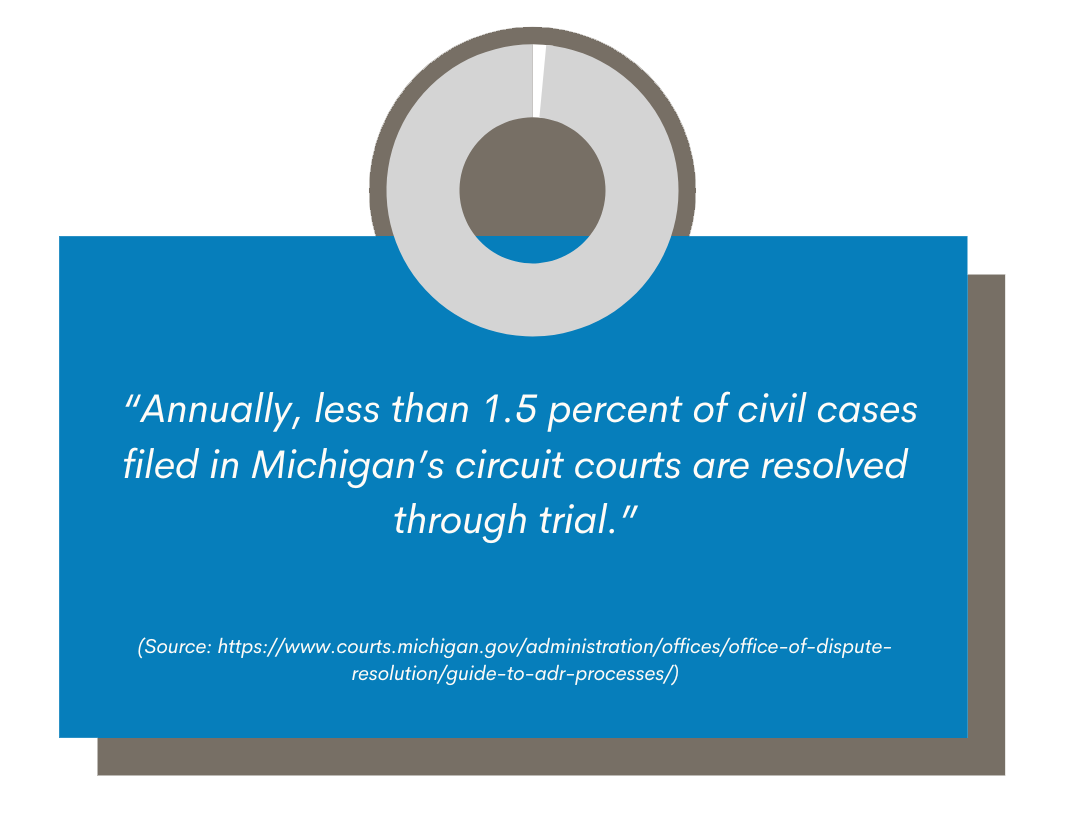
There are several types of ADR. Two of the most commonly used types are mediation and arbitration. I will discuss the details and benefits of each in the following articles with relevant input from Joseph P. Buttiglieri, an attorney with 46 years of experience, 10 of which he has served as a certified mediator. In the meantime, if you are contemplating whether to address a legal issue but don’t want to drag it through the courts, contact us. We can provide information and options to help you move forward.
Ch 2: Mediation, An Informal Alternative
When a dispute arises, whether it be between family members, business partners, landlords and tenants, etc., some are hesitant to pursue court action for a number of reasons with the leading reason being the significant cost of litigation. The mediation process provides parties with an alternative route for conflict resolution that is more cost and time efficient, generally less confrontational, and gives all parties, through the facilitation of the mediator, more control over the final outcome than they would have in court through litigation.
What is mediation?
Mediation is a confidential process where individuals in conflict have the opportunity to be heard, share their ideas for resolution, negotiate such ideas with one another, and come to an agreement that leads to a mutually acceptable resolution. Mediation offers the opportunity for both parties to tell their side of the story in an informal and conversational setting as opposed to an exchange of testimonies in court. A mediator takes on a different role than a judge who makes decisions on behalf of the parties. A mediator assists the parties in communicating their desired outcome to one another, offers suggestions when needed or requested, identifies issues together with the parties, and works with all sides to resolve the identified issues. Mediation allows the parties to have a great deal of influence and control over the decision-making process that leads to the final outcome of their case. In litigation, control over the decision making process is surrendered to the judge who ultimately decides the case in a manner that may leave all parties dissatisfied.
Common misconceptions regarding mediation
A common assumption is that mediation is only available in divorce or family law cases. However, any type of civil dispute can be resolved by mediation. The freedom the parties have in choosing their mediator supports the wide applicability of mediation to virtually any kind of dispute. The parties are able to jointly choose a mediator who is experienced in the specific area of law that their dispute involves and can therefore provide meaningful advice and suggestions in order to reach an outcome that is specifically tailored to the parties’ unique issues. Additionally, because mediation leaves the bulk of the decision making to the parties, who know their case better than any judge would, mediation becomes an appealing option no matter the type of case, as the parties can collectively design their own outcome. Nearly any type of dispute that parties want resolved quickly and inexpensively can be submitted to mediation.
Many people also believe that if parties decide to mediate their case, litigation ceases to be an option. If mediation isn’t progressing in a way that the parties want, the parties can choose to end mediation and bring some or all of the unresolved issues to court for a judge to decide. With this in mind, mediation can be used to consolidate issues before initiating court proceedings as a way to save litigation costs by only bringing the unresolved issues to court. The litigation route also provides a failsafe of sorts for parties in mediation that cannot communicate effectively, despite the assistance of the mediator, and consequently suffer a breakdown in that communication resulting in an unsuccessful mediation. If such a breakdown occurs, the parties can resolve their dispute through formal litigation.
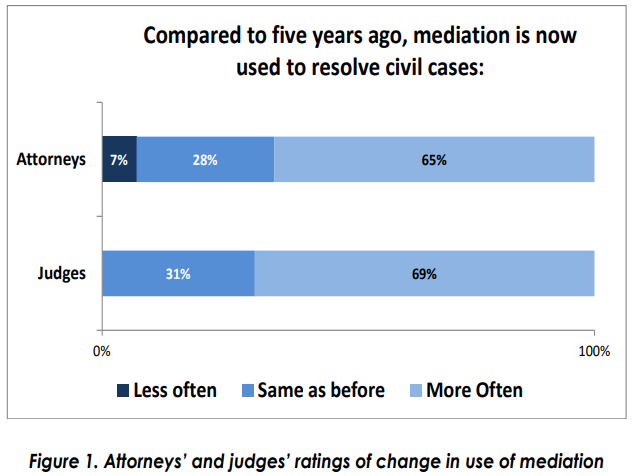
Benefits of mediation
Cost: A primary benefit of mediation compared to litigation is the difference in cost. The litigation process is complex and burdened by procedure that increases attorney fees and costs significantly as attorneys are required to prepare and file documents with the court such as motions, briefs, petitions, responses, etc., attend various court hearings, and go through a lengthy cost-consuming discovery process. In choosing mediation, parties cut the increased costs that litigation often requires. First, the entire mediation process is usually done in one or two full day sessions, depending on the parties’ needs, as opposed to litigation proceedings that can last for months or even years. This almost always reduces costs in addition to saving time. Second, Parties are able to choose their own mediators so they will know that the mediator’s hourly rate immediately and can better gauge how much mediation will cost from the outset. Third and finally, each party submits a mediation summary that gives the mediator the context of the parties’ respective issues. Filing one mediation summary as opposed to the numerous pleadings that are normally filed in litigation proceedings, is itself an enormous reduction in cost.
Maintaining Relationships: If preserving the relationship amongst the parties is a goal, mediation will most likely provide a better outcome than litigation would. According to Joseph P. Buttiglieri, “Mediation is a gentler, less confrontational approach to resolving conflict as opposed to litigation.” In any case, mediation provides better prospects for repairing the relationship between parties as they are free to work together to resolve their issues. In any case, mediation provides better prospects for repairing the relationship between parties as they are free to work together to resolve their issues.
Flexibility: Mediation is less constricting with regard to bringing up new issues. In litigation, the parties are bound by the issues set forth in the pleadings and are restricted from arguing any other issues not in the pleadings. In mediation, parties are free to bring any issues and bring-up new issues as mediation unfolds that can then be addressed and resolved in the same mediation session.
If you have questions about the mediation process or alternative dispute resolution in general, contact us. We can discuss the various options available to you concerning the specifics of your dispute and can offer suggestions for the efficient and effective resolution of your case.
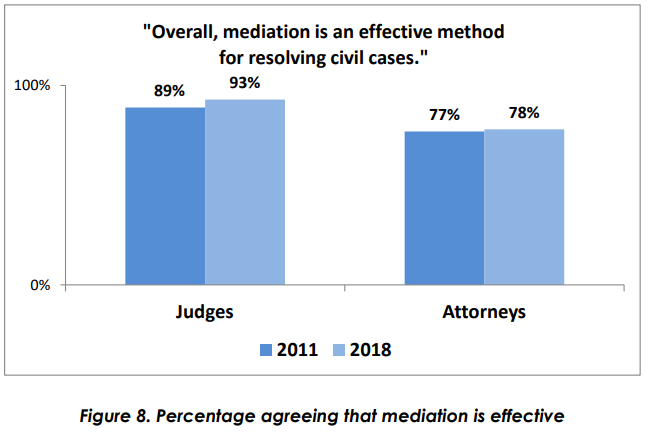
Ch 3: Arbitration, A Formal Alternative
Arbitration is submission of a dispute to one or more impartial persons for a final and binding determination. In comparison to mediation and litigation, arbitration sits in the middle as being a more formal process than mediation but still less formal than litigation.
Differences between arbitration and mediation
In most cases the courts can mandate mediation. Arbitration, however, can only be mandated by the court if the parties enter into a contract that mandates arbitration. If no contract exists between the parties, the parties themselves can choose to arbitrate their dispute, but a court cannot mandate it.
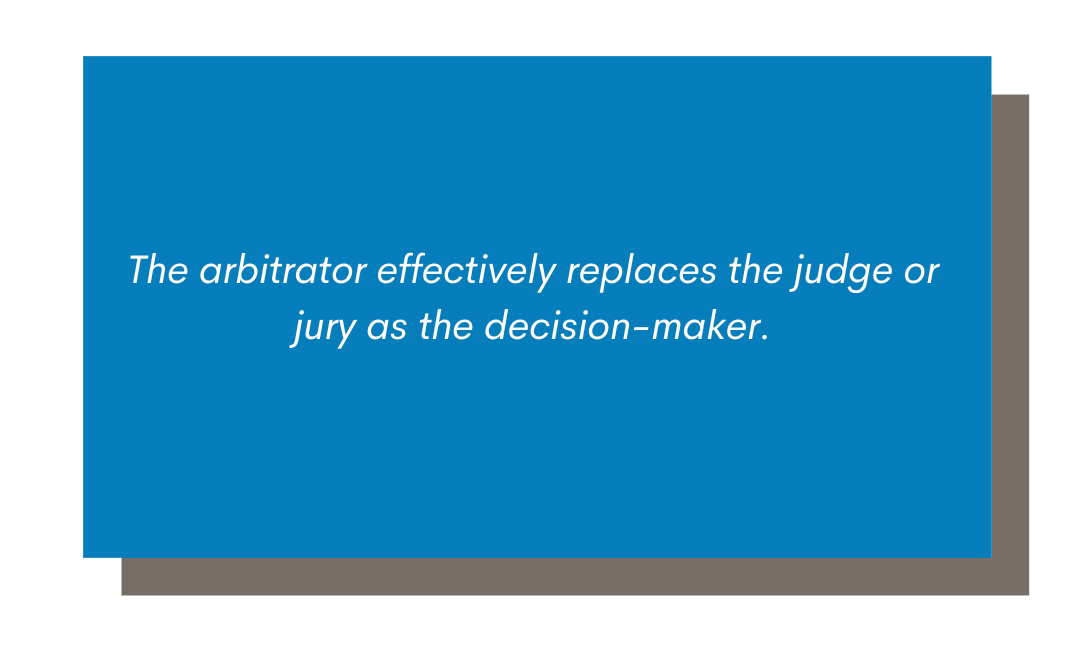
The roles of the arbitrator and mediator are very different. An arbitrator has the power to render a binding decision in the case at hand. The arbitrator effectively replaces the judge or jury as the decision-maker. A mediator, however, works cooperatively with the parties and their suggestions as to resolution can be either accepted or rejected by either party.
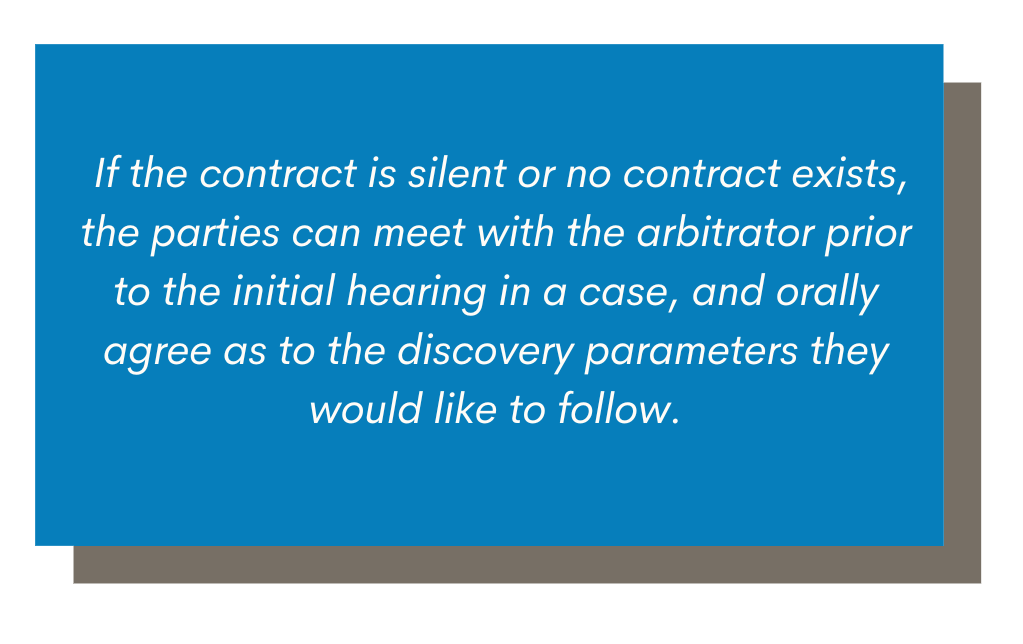
The roles of the arbitrator and mediator in the discovery process also differ significantly. In mediation, the mediator obtains information by, first, the mediation summary that each party to the dispute submits which briefly outlines their argument and lays out the basic facts of the case. At mediation, the mediator conferences with each party separately to obtain more information. Arbitration on the other hand, is first controlled by the contract between the parties if one exists. The arbitration provision(s) in the contract can guide the arbitrator as to what types and quantity of discovery is permissible. If the contract is silent or no contract exists, the parties can meet with the arbitrator prior to the initial hearing in a case, and orally agree as to the discovery parameters they would like to follow. There are also governing arbitration rules that exist to serve as a guide to both arbitrators and parties when forming their discovery agreement.
Common misconceptions regarding arbitration
One of the most common misconceptions concerning arbitration is that decisions from a lawsuit through the litigation route are more enforceable than arbitration awards. Although arbitration awards occur outside the courtroom, they are still enforceable in a judicial forum. Federal and state arbitration acts require courts to not only recognize, but enforce arbitration awards, even if entered in different states. Additionally, because Treaties require foreign courts to enforce arbitration awards entered in another country, the arbitration awards can be as effective as a civil judgment when it comes time to enforce such awards.
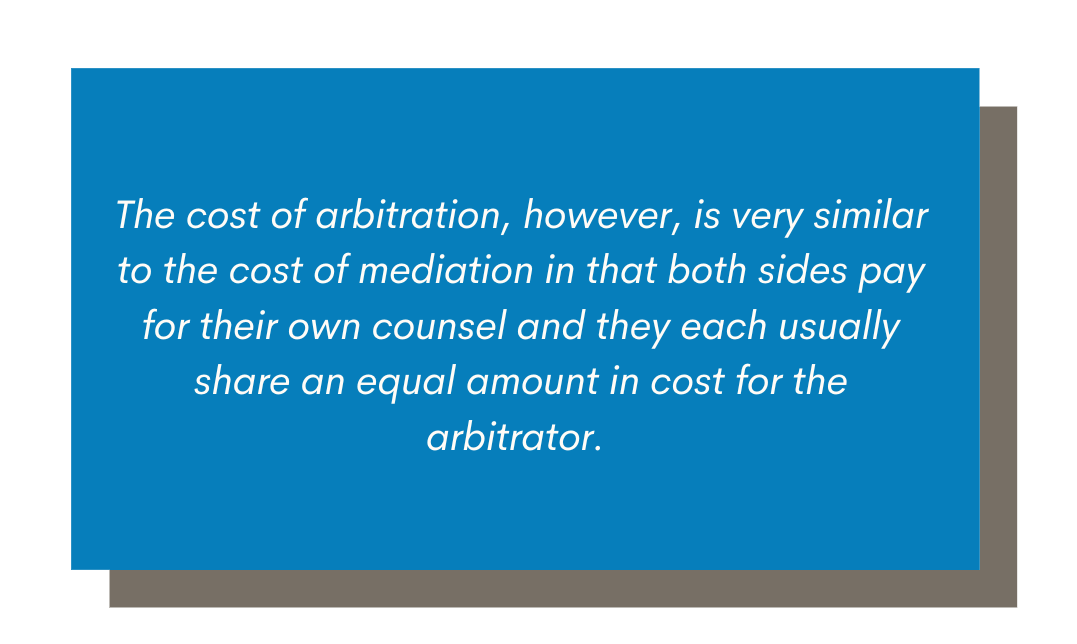
Another misconception that many have concerning arbitration is the cost of arbitration. As discovery proceedings can sometimes mirror discovery in litigation, some people think that arbitration is much more costly than mediation and on par with the cost of litigation. The cost of arbitration, however, is very similar to the cost of mediation in that both sides pay for their own counsel and they each usually share an equal amount in cost for the arbitrator. Additionally, although discovery can be costly, the freedom to set up the discovery parameters by the parties and arbitrator can cut the cost of discovery making it at times, much less than the discovery cost in litigation.
Benefits of arbitration as an alternative to litigation
Efficiency: In comparison to litigation, the resolution of a dispute can happen much sooner through arbitration. Litigation in some cases may take several years to resolve where in contrast, an arbitration award can be reached within months of the start of the arbitration process. Arbitration is also more cost-efficient than litigation. Aside from the lower discovery costs explained above, arbitrators, like mediators, usually bill by the hour or day at similar rates charged by attorneys. This significantly reduces the costs when compared to the cost of litigating a case or dispute. Additionally, because resolution of a dispute generally happens sooner in arbitration than litigation, the attorney fees are significantly reduced. Even though the courts only charge filing fees, litigation can still be more expensive due to scheduling issues, time and cost involved in the attorneys traveling to the courthouse, and the high amount of pleading filed in any given case. Issues that are raised in arbitration proceedings can be communicated to the arbitrator through a phone conference, email correspondence, or a letter, all of which have no filing fees associated with them.
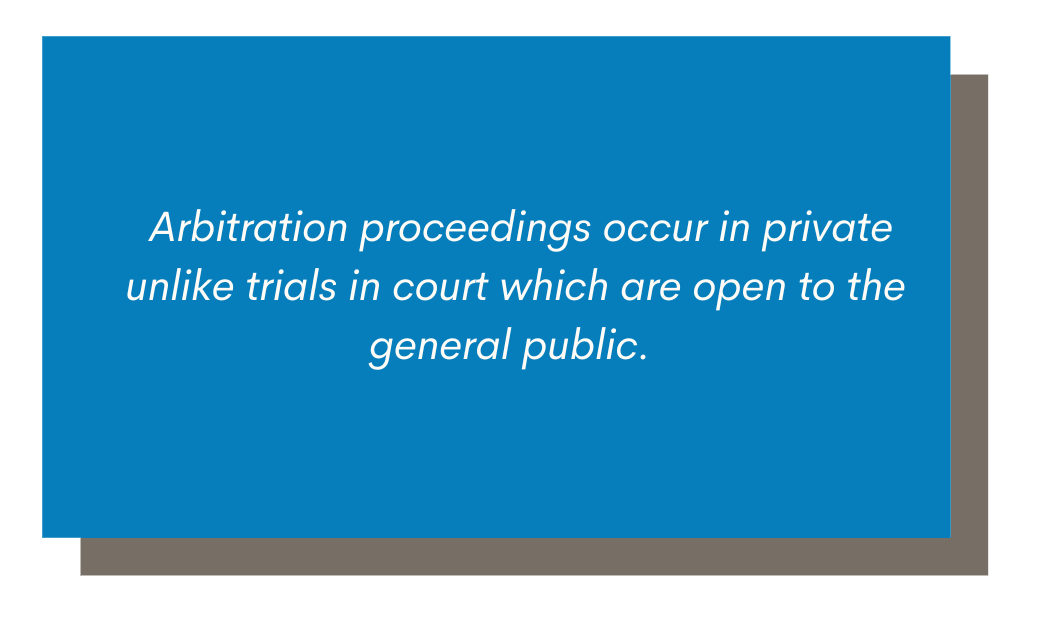
Privacy: Arbitration proceedings occur in private unlike trials in court which are open to the general public. Any information discovered and used in arbitration proceedings can be kept confidential. Hearings before the arbitrator and the final resolution or award can also be kept private and are just between the parties and the arbitrator. In a trial, the general public is able to access information in the case and attend hearings.
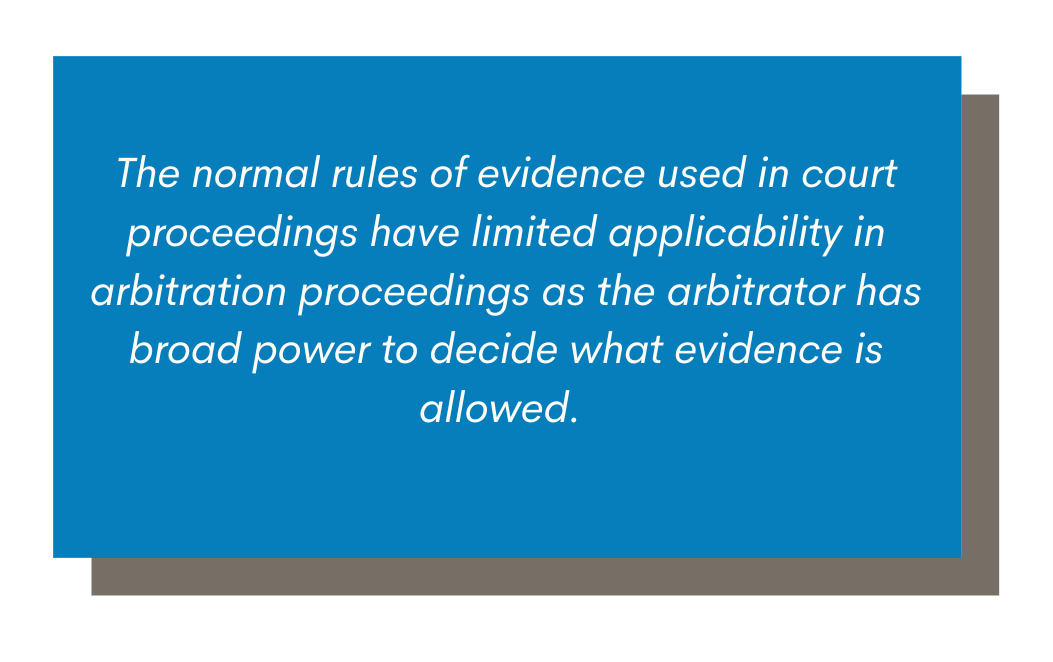
Less Complex: The admittance of evidence is generally simpler in arbitration than the complex process that exists in litigation. The normal rules of evidence used in court proceedings have limited applicability in arbitration proceedings as the arbitrator has broad power to decide what evidence is allowed. Additionally, the lengthy and complex process of discovery in litigation is generally bypassed in arbitration as the parties together with the arbitrator generally decide the process for discovery.
Finality: Because the arbitrator effectively replaces the judge and jury as the decision-maker, it severely limits the parties’ right to appeal the award. In contrast, a court’s decision in a case can be subject to appeals that can add months if not years to the final resolution of your case. The binding decision of the arbitrator gives the parties in dispute finality as to the issues they raised during arbitration as the decision or award is rarely appealable.
If you have questions about the arbitration process or alternative dispute resolution in general, contact us. We can discuss options that will help your case move forward in the most efficient and effective way possible.

